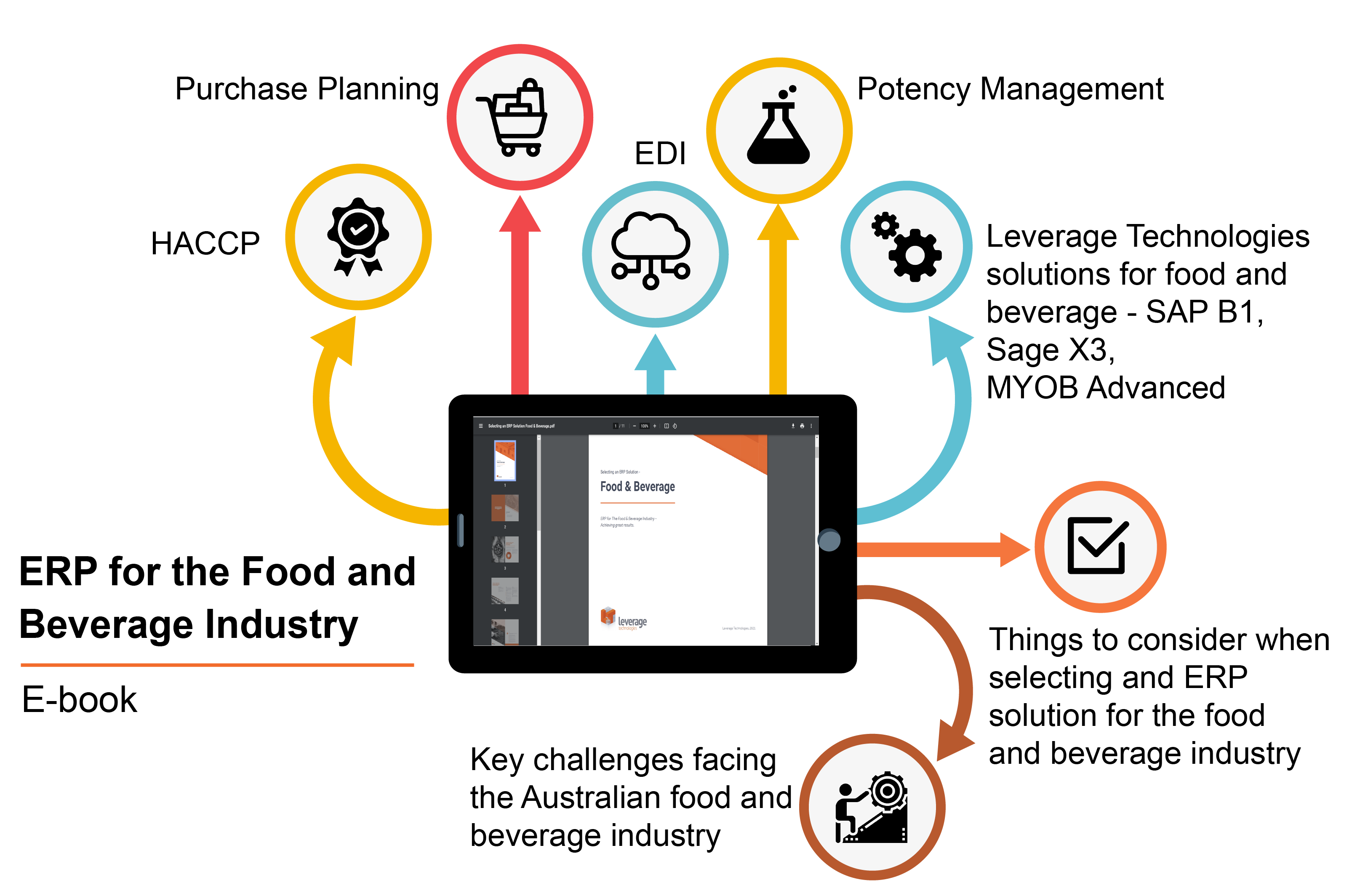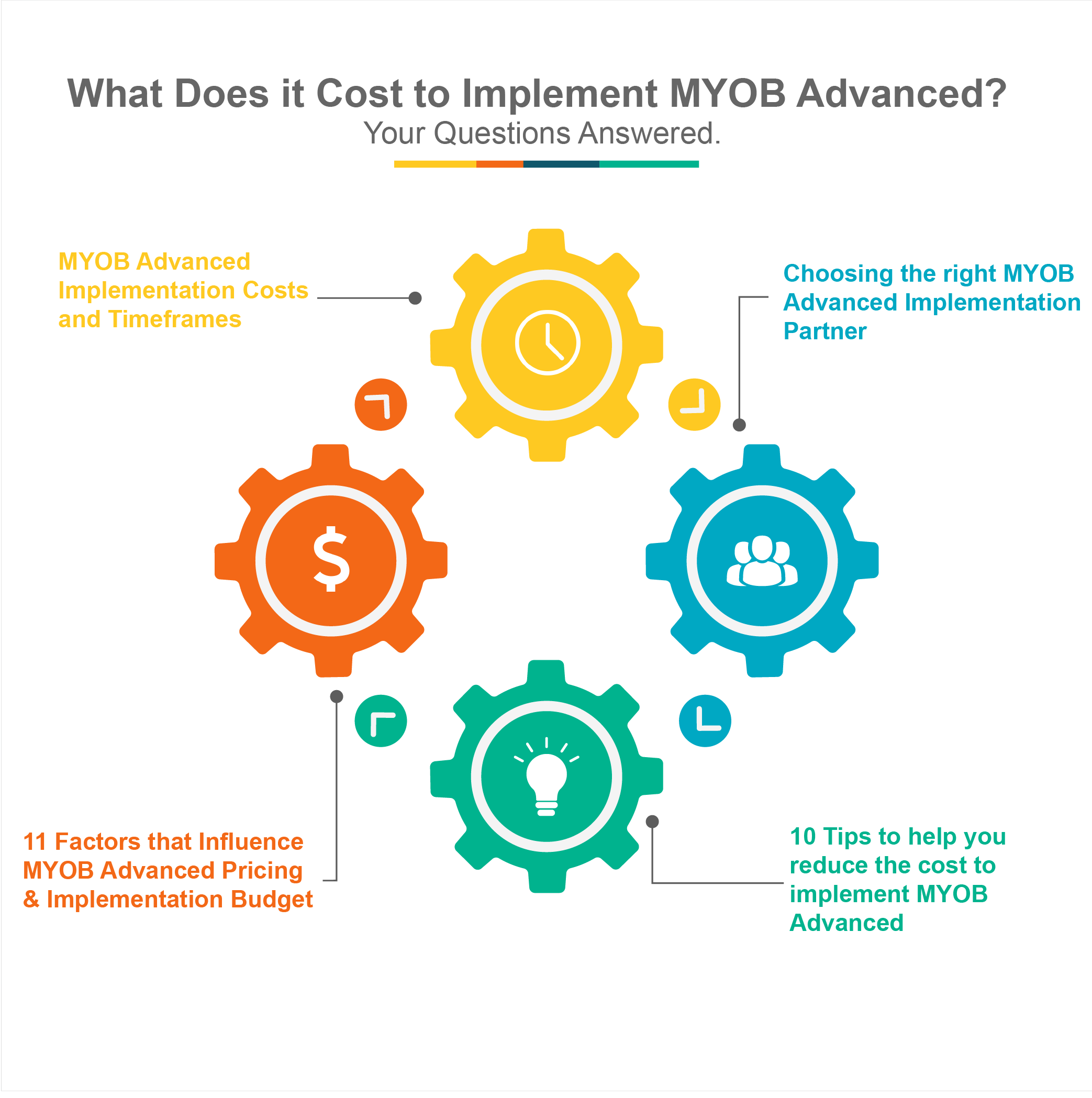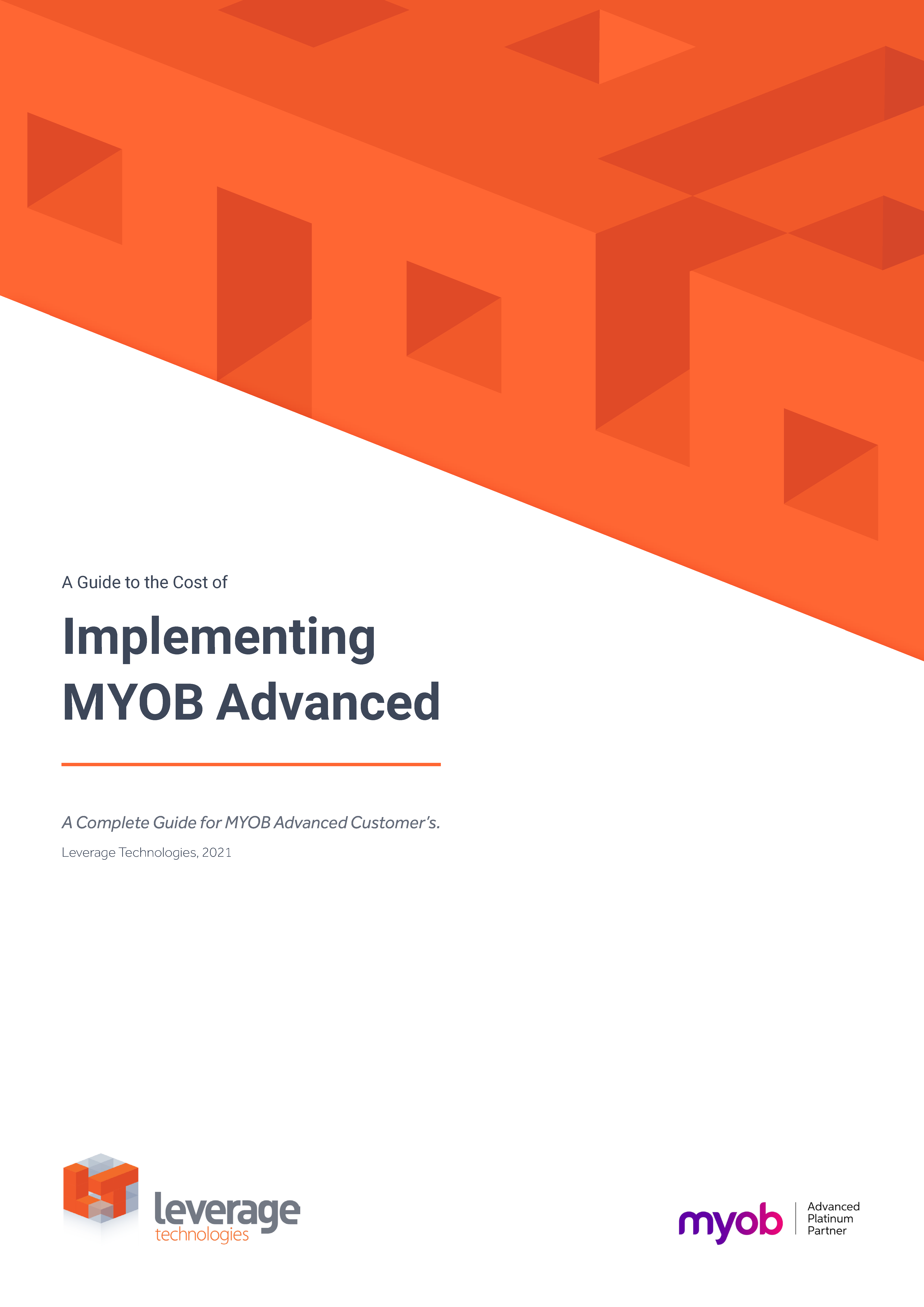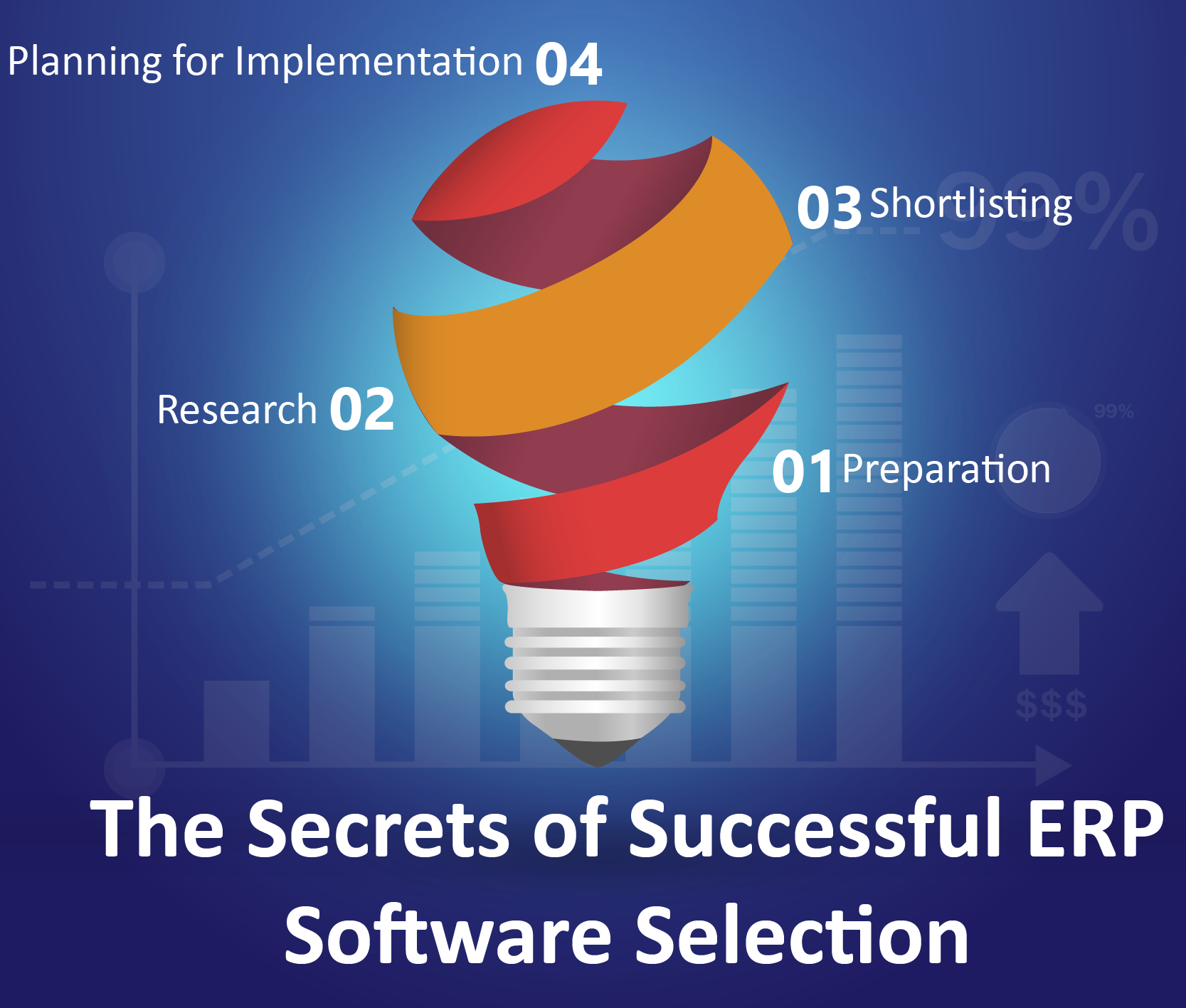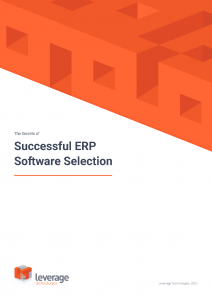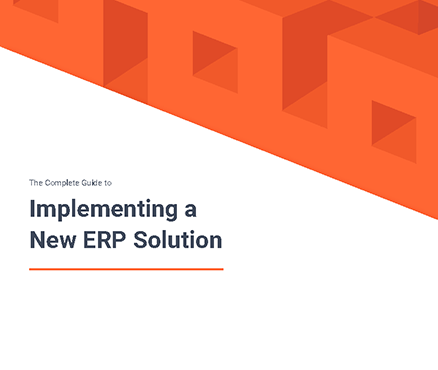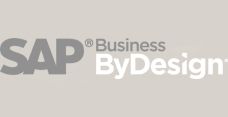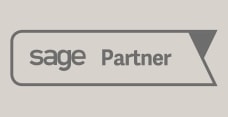Food and beverage businesses across Australia are embracing technical change to help grow revenues, reduce costs, provide better customer service and help manage cash flow. Throughout the COVID pandemic of 2020/ 2021 food and beverage businesses across Australia have experienced very different demands for products. Suppliers to restaurants and cafés have had a stop/start disruption to the supply chain and customer demand. Wholesale and distribution businesses in the food and beverage industry have experienced substantial growth which has put pressure on the supply chain, inventory, and sales.
Pressure is mounting on all businesses to streamline operations, accelerate growth and “do more with less” – more turnover, more orders, more production to meet increased demand. Added pressure has been created by new “channels to market” – for example, e-commerce.
Since 2005 the award-winning ERP team at Leverage Technologies has been working with fast-growing food and beverage customers across Australia to implement:
-
complete solutions for ERP – across the enterprise
-
Purchase and purchase planning
-
Inventory management
-
Product traceability
-
Sales and customer relationship management
-
Production planning
-
Freight management integration
-
Analytics for better decision-making
-
-
EDI – integration to the major Australian retailers
-
E-commerce integration
-
Planning solutions
-
Assistance with HACCP requirements
To help companies select, implement, and support the right technology for their businesses and, given Leverage Technologies vast experience implementing ERP for the food and beverage industry, we have created an e-book – Food and Beverage ERP Software – Achieving Great Results.
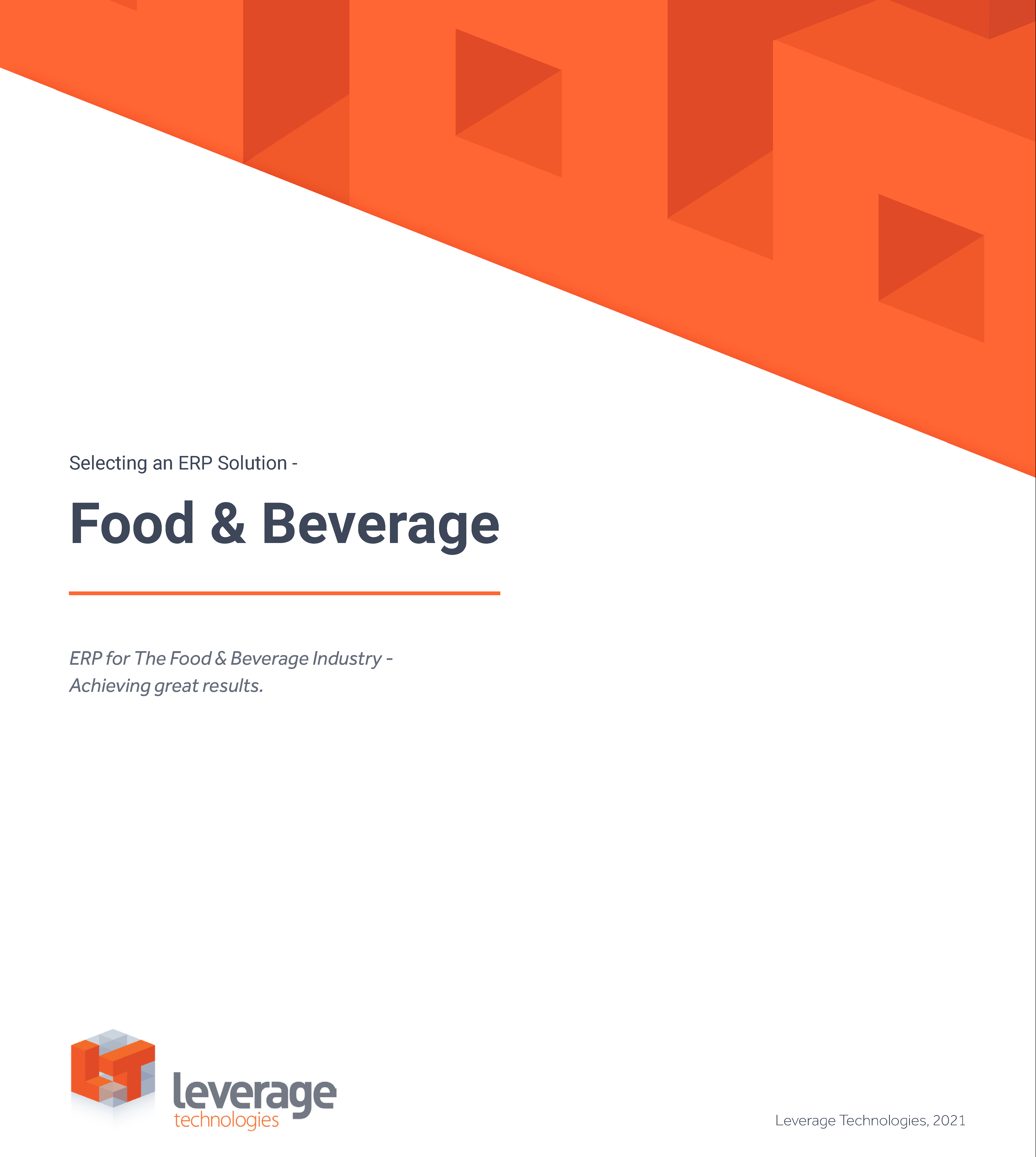
Selecting an ERP Solution for the Food and Beverage Industry
The e-book covers topics like:
-
Key challenges facing the Australian food and beverage industry
-
HACCP
-
EDI
-
Random Weight
-
Potency Management
-
Things to consider when selecting a Food and Beverage ERP Software
-
Leverage Technologies solutions for food and beverage – SAP Business One, Sage X3, MYOB Advanced.
If you want to know more about ERP for the food and beverage industry to help you run a better business, please download our e-book or contact the friendly Leverage Technologies ERP team – at 1300 045 046 or [email protected]

